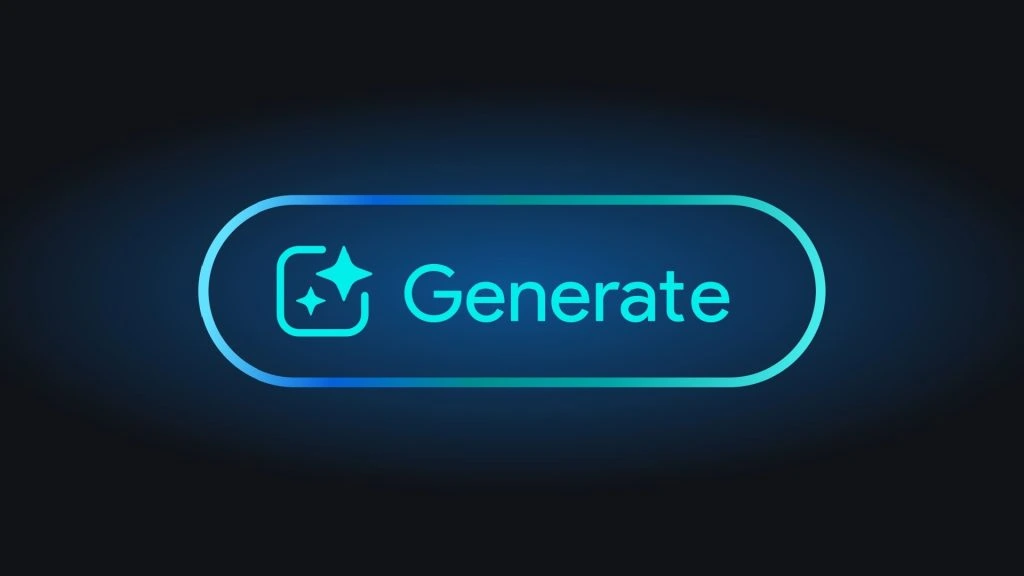Last year, German companies were unimpressed by the security risks of ChatGPT and the like. They trusted the promising Generative AI applications (GenAI) and their advantages unconditionally.
However, the results of a recent Gigamon study* suggest that skepticism towards these tools has increased over the past twelve months.
Several years have now passed since ChatGPT triggered the hype surrounding GenAI and a tsunami of new AI tools. As a result, many companies have been asking themselves how secure and trustworthy the technology actually is. After all, similar to instant messaging and social media apps, it tends to be viewed critically in public discourse, especially when it comes to security.
Gigamon, an expert in the field of deep observability, once again surveyed 150 German CIOs/CISOs on this topic* this year. They answered questions about the security of modern technologies and dealing with risks. Compared to last year’s survey**, the current results suggest a significant change in perception.
180-degree turnaround: A more critical look at GenAI tools
According to the Gigamon study from 2023**, the majority of German companies were still optimistic about Generative AI last year. 75 percent of the CIOs/CISOs surveyed saw no reason not to use ChatGPT. The rest had either already banned the tool from the company (five percent) or were concerned with the risks in order to make an early decision (20 percent). In the meantime, this attitude has done a 180-degree turnaround.
Today, significantly fewer German companies use the technology without hesitation (31%). 25 percent have taken the initiative and abolished ChatGPT and Google Gemini (25 percent); 44 percent are still evaluating the potential security risks. Trust in GenAI therefore appears to have declined over the last twelve months.
Trust in instant messaging apps is increasing
WhatsApp is experiencing a completely different development. Last year, the instant messaging app was rejected by the majority of CIOs/CISOs. At that time, 67 percent stated that they had stopped using the application. Not a single one of the companies surveyed allowed WhatsApp within business boundaries. However, the current survey shows that the use of the app has become more relaxed. Only 22 percent of CIOs/CISOs have banned it for security reasons; 34 percent stated that they have no concerns when employees use WhatsApp.
When it comes to TikTok, the situation has also changed. While the short video app was not particularly popular with ten percent of respondents in 2023, 89 percent checked potential security risks and only one percent had no problem with it, the position of German companies is less clear today. Although more of them prohibit the use of TikTok (47%), the proportion of those who allow the app has also risen by 23%.
“German companies are slowly realizing that Generative AI (GenAI) is not as harmless as many of them initially thought. They may have been victims of a phishing attack themselves, in which deceptively real-looking emails were generated, or they may have experienced other disadvantages as a result of the technology. In any case, more companies are taking the risks associated with ChatGPT, Google Gemini and the like seriously, scrutinizing the applications in detail and increasingly deciding not to use them without hesitation. However, even though Generative AI is being scrutinized more closely, interestingly, the acceptance of other applications such as WhatsApp and TikTok, which were previously under the watchful, sceptical eye of CIOs/CISOs, is increasing. This makes it all the more important to increase the visibility of the IT environment in order to counteract potential blind spots,” says Ali Moniri, Technical Lead EMEA at Gigamon.
Companies are increasingly recognizing the importance of deep observability
The survey also shows that IT managers in Germany are increasingly recognizing the importance of visibility down to network level (deep observability) in order to protect themselves from threats that could sneak in via blind spots. Compared to the previous year, many of them have increased the transparency of their infrastructures. 55% of respondents report visibility that extends from the network to the application level (2023: 28%). 53% state that they have better insights into encrypted data traffic, which has been severely neglected to date (2023: 21%).
These steps have led to fewer CIOs/CISOs worrying about blind spots than before (31%; 2023: 52%). This is because they are now able to detect and combat vulnerabilities and active attacks more quickly. Deep observability is therefore an absolute must-have when using technologies such as ChatGPT and WhatsApp, which can turn out to be potential loopholes.
*Methodology: Hybrid Cloud Study 2024:
The global study was commissioned by Gigamon and conducted by Vitreous World from March 22 to April 6, 2024. A total of 1033 CIO/CISO/CTO/CRO and other senior IT decision-makers from Germany (150), the UK, France, the United States, Singapore and Australia took part in the survey.
**Methodology: Hybrid Cloud Study 2023:
The global study was commissioned by Gigamon and conducted by Vitreous World from April 19 to May 2, 2023. A total of 1020 CIO/CISOs and other C-level managers from Germany (150), the UK, France, the United States, Singapore and Australia took part in the survey.
(vp/Gigamon)
















